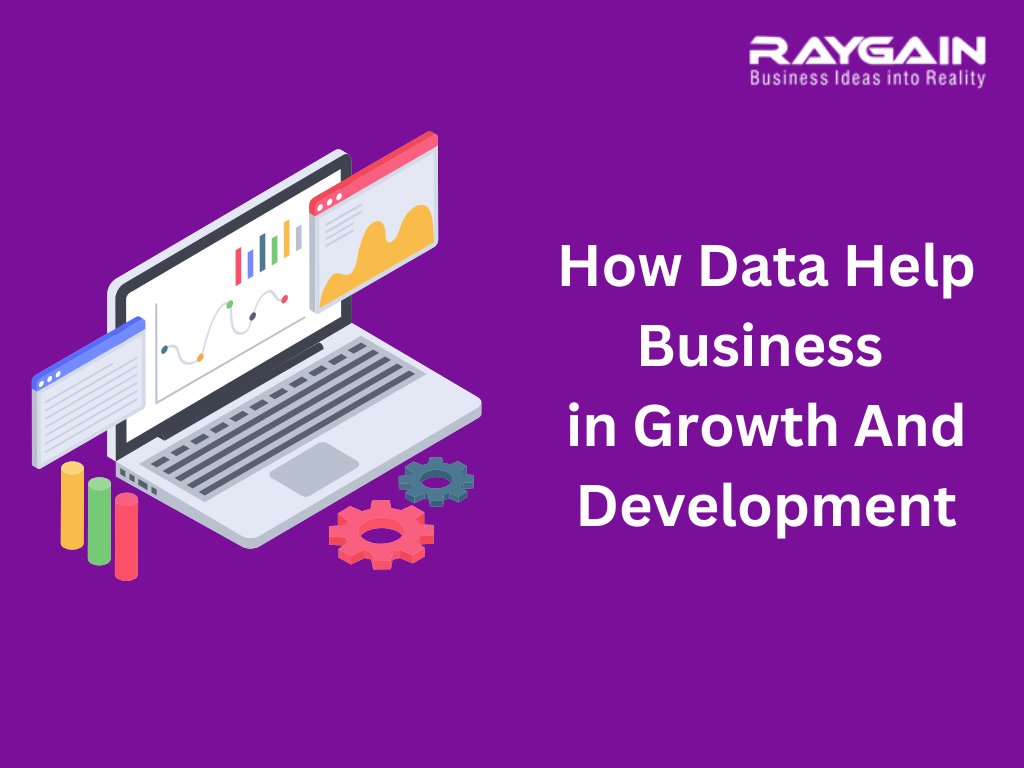Introduction:
In the era of digital transformation where new tools and technologies are available easily to simplify our lives . So in todays world its really important to use these tools and technologies for simplifying complex business problem and cater optimal solutions .The use of right techniques is necessary for future analysis and better decision making .
Role Of Data In Analysis:
So now the big question is what are the parameters one’s looks into his business for growth and good performance?
Parameters to measure business performance from the perspective of marketing should be based or judge on the basis of historical data, no of sales, demographics, products.
suppose a clothing brand wants to analyze there business performance then first thing is data collection they collect data from online platforms , social media and customer feedback use to analyze fashion trends, popular sizes , preferred color and customer base. Real time sales data from e- commerce platform help in predictive analysis as this data can be used to forecast demand for products it helps business in saving storage costs. Brand can analyze sales pattern , competitor pricing and customer behavior. With demographic data they can predict local fashion sense and which area has more sales and which area is suitable to open new stores from sales perspective .so data can be helpful in many ways .Below we can explain how data can be used in various ways with example
Here Are Some Ways:
Customer Segmentation and Targeting
Companies use data to segment their customer base into groups based on demographics, behavior, and preferences. This allows for more personalized marketing efforts, which are more likely to resonate with individual customers and drive sales.
Product Development and Innovation
Data provides insights into what customers want, guiding companies in developing new products or enhancing existing ones. For instance, feedback from user reviews, social media, and purchase patterns can inform design and functionality improvements.
Optimizing Supply Chain Management
Data analytics helps businesses predict demand, manage inventory, and reduce waste. For example, real-time data can alert companies to potential supply chain disruptions, enabling them to act proactively.
Enhancing Customer Experience
Companies analyze data from customer interactions to improve service quality. Chatbots, AI-driven recommendations, and tailored loyalty programs are all examples of how businesses use data to enhance the customer journey.
Risk Management
Data helps identify potential risks, such as market downturns or operational bottlenecks. Predictive analytics allows businesses to mitigate risks by developing contingency plans.
Conclusion:
In today’s fast-paced business environment, data is not just important; it is indispensable. Companies that effectively harness the power of data can unlock new opportunities, create superior customer experiences, and sustain long-term growth. The key lies in collecting the right data, leveraging advanced analytics, and aligning insights with strategic goals. By doing so, businesses can turn data into a catalyst for innovation and success.










